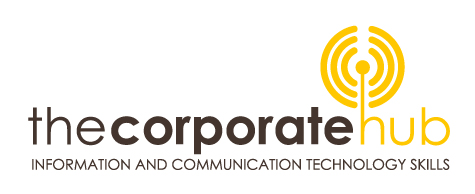The demand for specialised skills is on the rise, leading to job seekers being bombarded with requests from business owners and recruiters, both in-house and outsourced, to participate in numerous job application processes. This can create a competitive and overwhelming job market for those seeking new opportunities.
While initially, being in high demand may feel flattering, it can quickly become challenging to sift through all the opportunities and find the ones that align with your career goals. Hiring processes can be lengthy and consume much time, often including technical assessments and in-person interviews, making the job search process even more demanding..

Executive Interview Questions
Powerful well-thought-out questions will help you differentiate yourself from the competition and present you with a chance to showcase skills, experience and suitability”
Job Search Despair
Whether you recently lost your job or are ready to move into a new role, we strongly recommend that applicants follow an organised and planned approach to job seeking
Lost Your Passion?
Changing career paths is not always and option, but you can find happiness and purpose in your current situation
Job hopping
Job-hoppers are individuals who repeatedly move between companies every one to two years. The reason for the move is not the result of layoffs, companies closing down or end of contracts. Millennials have expectations to constantly learn, develop, and advance in their careers.
Long interview processes can be time-consuming, so ensure only to attend ones that are a good fit. Clear communication during the initial stages is key to avoiding fruitless exercises
REDUCE THE CLUTTER, AND THINK THROUGH THESE KEY POINTS, BEFORE COMMITTING TO ANY INTERVIEW PROCESSES:
1. Company background, size and years in business
Consider if you’d rather be an early employee at a start-up pushing the boundaries with innovative solutions but with uncertain financial stability or join an established company with a solid financial foundation and a steady customer base.
Acquire skills that are in demand. Ensure that your expertise and abilities are always sought after, whether you’re joining a start-up or a multinational company. Consider your potential for future growth.
2. Business & Technology Focus
Investigate a company’s online presence, including its website and social media presence, and talk to current employees to gain insight into their technology and business focus.
Stay up-to-date with global trends and industry demands when making career decisions to ensure they align with careers of the future.
3. Company culture and the team
Determine if you’re a good match for the team.
Use social media and online platforms to learn about the company’s employees and seek out colleagues with similar career goals and interests for a harmonious work environment.
Seek interviews with companies that have experts in the field and can advance your career while providing opportunities for learning and making valuable contributions to the team.
4. Workplace Location
Consider the location of the employer and the location of the project team before committing to an interview process. Find out if you’ll be required to move between sites or if remote work is an option.
Find the facts.
5. Remuneration and Perks
It is important to understand what benefits and compensation are being offered to make an informed decision about the opportunity. Consider your current package and communicate your expected salary and other benefits, such as bonuses, stocks, health and pension benefits, educational loans, and time off.
It is important to clearly communicate your requirements and expectations with the interviewer and understand the company’s expectations and needs from the start. This way, both parties can assess whether it’s a good match, saving time and effort for everyone involved.
